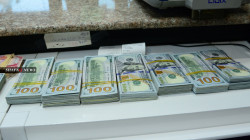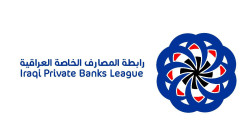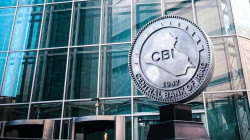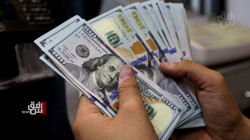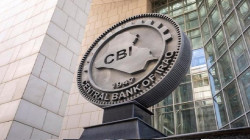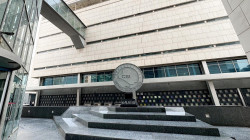Escalating Dollar in Iraq amid US sanctions contrasted with CBI's timid approach
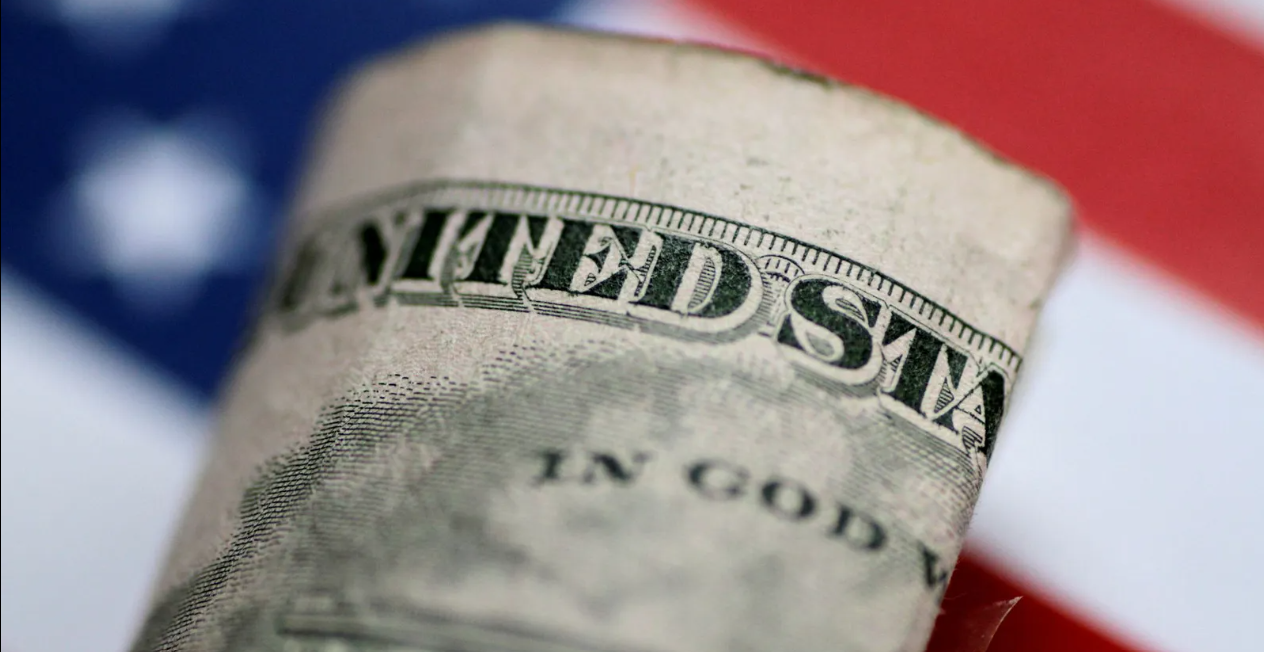
Shafaq News/ Just a few days after the US imposed sanctions against 14 private banks for violations related to their dealings with parties sanctioned by Washington, most notably Tehran, the Iraqi dinar experienced a significant decline against the dollar on the Baghdad and Erbil stock exchanges. While economists and financial experts describe the Central Bank of Iraq's (CBI) procedures as "timid," they have developed solutions that must be used to "control" the dollar.
Shafaq News Agency revealed the names of the said banks in Iraq, namely "Islamic Advisor for Investment and Finance, Al-Qurtas Islamic Investment, Al-Tayf Islamic Bank, Elaf Bank, Erbil Investment Bank, International Islamic Bank, Trans Iraq Bank, Mosul Bank for Development and Investment, Al-Rajeh Bank, Sumer Commercial Bank, Trust International Islamic Bank, Ur Islamic Bank, Islamic World Bank, and Zain Iraq Islamic Bank for Investment and Finance.
The US decision follows a similar decision several months ago in which several similar banks were placed on the sanctions list, namely Al-Ansari Bank, Al-Sharq Al Awsat, Al Qabidh Bank, and Asia Bank.
Economist and professor of economics at the Iraqi University Abdul Rahman al-Mashhadani said that "the four previous banks that were sanctioned and the subsequent 14 were the reason for raising the dollar because their presence in the local market cannot be ignored."
"These sanctioned banks share 8% of the currency window for external transfers, i.e. $ 16 million of the window's sales of foreign transfers. However, their cash sale share is large, as it is noticeable that CBI's cash sales decreased from $ 40 or $ 60 million to reach $ 17 million."
Al-Mashhadani explained that "to solve the problem of high prices, CBI must compensate for the share of the sanctioned banks by giving it to other banks and exchange companies, as there are 38 banks that enter the currency window out of 72 banks, and therefore CBI must introduce other banks to the window of selling the currency, whose rating did not qualify them for the currency permeability."
He continued that "the sanctions came as a result of cash sales going to the parallel market and traders use to finance their trade with banned states, at the top of which is Iran," pointing out that "the Iraqi government must expand the agreement of black oil in exchange for gas to include part of the private sector trade as the trader collects the value of the bill that he imports in Iraqi dinars for the account of the Iraqi government and the latter pays the value of the bill in black oil to the Iranian government who pays to Iranian traders the value of the goods."
Financial and economic expert Hilal al-Tahan has attributed the rise of the dollar in Iraq to several factors. He mentioned the presence of speculators who manipulate the market and the impact of US sanctions on the 14 banks, which also contributed to the increase in the exchange rate. Additionally, citizens' fear of a collapse in the Iraqi currency has led to an increased demand for the dollar. Political and security instability in the country has further compounded the situation.
Despite the government's efforts to address the issue, including measures such as opening windows through banks and increasing the share for travelers, al-Tahan considers these steps to be insufficient and inadequate to meet the demand. He emphasized the necessity for the government to take strict actions against those manipulating the dollar and suggested that the Central Bank of Iraq (CBI) should implement a financial package to alleviate the demand for the dollar promptly.
A bank owner in Baghdad expressed to Shafaq News Agency that the dollar's exchange rate is significantly influenced by rumors, especially following the US Federal Reserve's punishment of the 14 banks. The decrease in cash sales that CBI finances to the parallel market through banks has impacted the supply of dollars in that market.
In response to the dollar's rise, the CBI has taken measures to curb it, allowing exchange companies classified as "class A and B" to open deposit accounts in both dinars and dollars and participate in the currency exchange. The decision was made after information emerged linking the targeted banks to money laundering and fraudulent transactions, as reported by The Wall Street Journal, citing US officials.
Since January of the previous year, both the US Treasury Department and the CBI have imposed strict controls on cash transactions conducted by Iraqi banks to combat money laundering and smuggling. However, smuggling operations have continued with varying methods and means of evacuating cash.
Over the past two days, the exchange rates of the US dollar against the Iraqi dinar have seen a significant increase in both Baghdad and Erbil, reaching 155 thousand dinars per hundred dollars, despite the official exchange rate set at 1,320 dinars to the dollar in the Iraqi budget. This surge followed Washington's sanctions on 14 Iraqi banks as part of efforts to curb Iran's dollar transactions.
In response to the situation, the Finance Committee in the Iraqi Parliament held discussions with CBI's governor, Ali al-Alaq, on stabilizing currency rates. Deputy Governor of CBI, Ammar Hamad, emphasized that the primary goal of the central bank is to stabilize the dollar's exchange rate against the Iraqi dinar. He clarified that CBI has provided an electronic platform for saving dollars to facilitate the purchase of goods and services from abroad.
Hamad expressed surprise at traders and citizens resorting to the market to buy foreign currency at significantly different rates from the official price set by CBI. He emphasized that speculative operations in the market have led to the current rise in the dollar's value but assured that the rate would return to its previous level soon. Hamad noted that foreign currency is available, and the issue lies in the demand for currency, with traders preferring the market over banks or official channels, causing the rise in exchange rates.
Despite CBI's efforts to stabilize exchange rates through electronic platforms and the international financial transfer system "SWIFT," the dollar exchange rates have not yet stabilized in Iraq's parallel markets, despite the government's attempts to control the situation.
